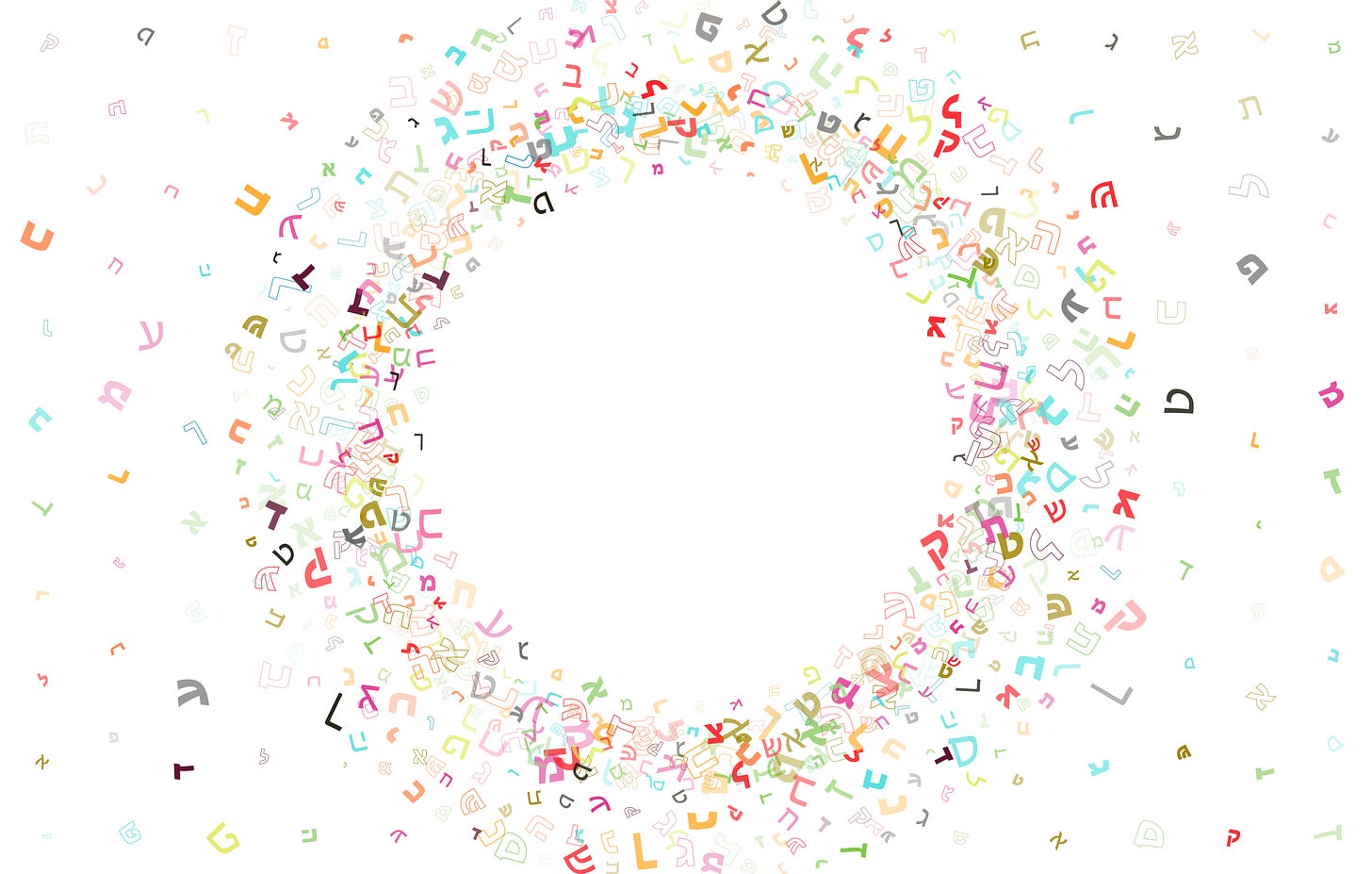How Can We Not Dance This Simchas Torah?
Well, here we are again—it's Simchas Torah.
The question on everyone's mind is: how are we meant to be happy on Simchas Torah ever again? Many blog posts and derashos will surely explore how we can find joy in Simchas Torah, but I want to share a perspective that has resonated deeply with me.
I can’t help but note that terrible things have happened to the Jewish people on many momentous and joyful days, yet we always got up and kept dancing. As Rabbi Sacks remarked, "A people that can walk through the valley of the shadow of death and still rejoice is a people that cannot be defeated by any force or any fear ... Simchat Torah was born when Jews had lost everything else, but they never lost their capacity to rejoice."1
However, I want to flip the question on its head: Are we meant to be happy on Simchas Torah? What is it that we are supposed to feel? What distinguishes today from the preceding seven days of Sukkos, which are also days of simcha?
I think we need to reconsider our understandi…




